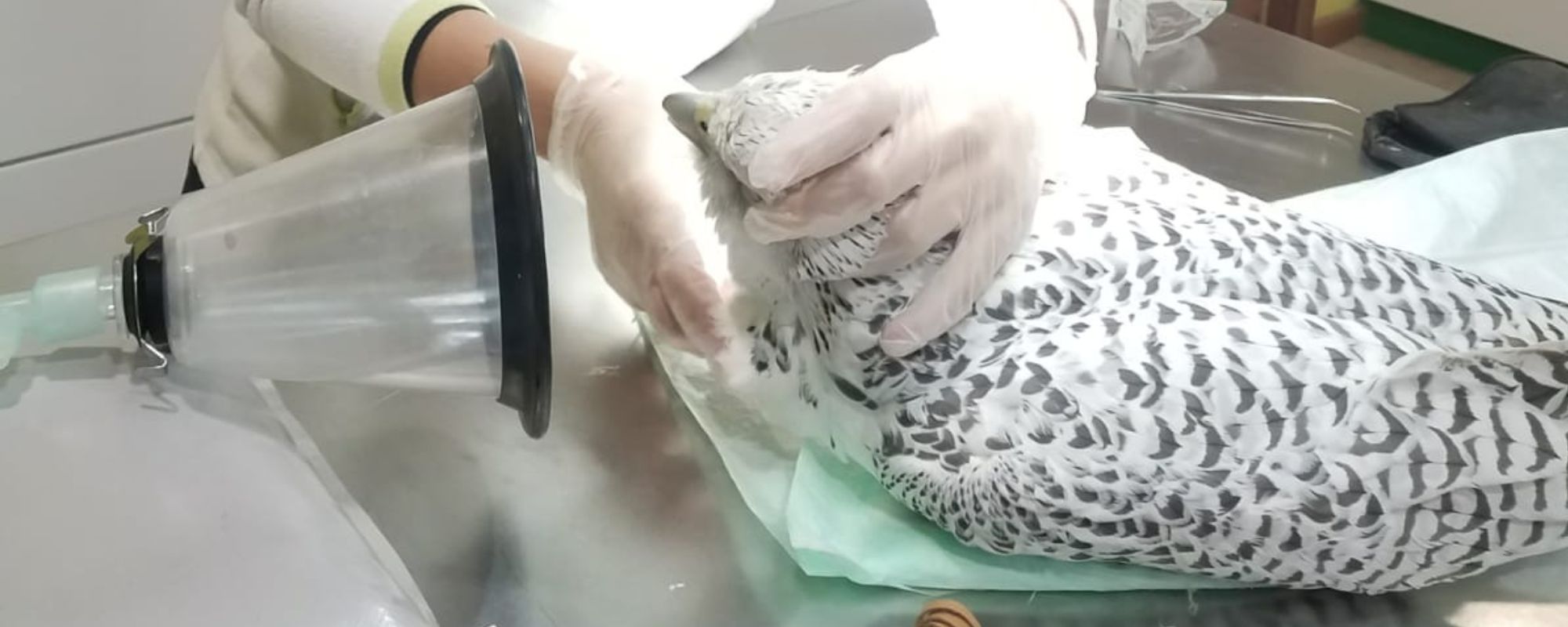
Acquire decisive skills for your curriculum.
Boost your professional career with our Course for Veterinarians and obtain your practical training certificate in wild animal rehabilitation.
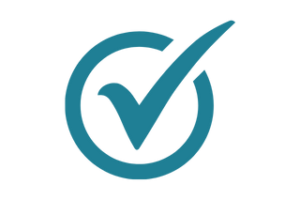
Step 1:
Book your place in the course
A maximum of 5 people can participate in the course. Secure your participation before places are sold out.

Step 2:
Course for Veterinarians
Make the most of the personalized attention of the refuge’s resident veterinarian during the course.

Step 3:
Enrich your CV
Add the certificate you will receive to your resume.
What practical skills will you obtain?
You will stand out from the rest with your skills and confidence in dealing with wild animals.
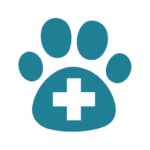
You will learn how to handle the birds correctly so as not to hurt or suffocate them.

You will acquire practice in catching a bird of prey in a way that is safe for you.

You will be trained to avoid stressing the animal during a physical examination.

You will perform coprological analyses and apply your theoretical knowledge in real life.

You will calculate and administer medications for animals.

You will accompany and assist the head veterinarian in her daily tasks.
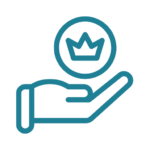
Why is this course extraordinary?
Laia accepts a maximum of 5 students per course. In this way she can give each participant personalized attention and ensure that at no time students do feel alone with tasks that they may not be able to handle.

Teacher
Laia Sanchez Golobart, veterinarian of the Zoo of the Pyrenees Foundation.
Motivation and goals
At the Zoo of the Pyrenees we fight to protect the wild animals of our country. Preparing future professionals is a very important part of our purpose.
Take this opportunity. Don’t just do it for yourself, but also for the animals whose lives you will be able to save in the future.
Target audience
The course for veterinarians is designed for veterinary students, veterinary assistants and people involved in wild animal rescues.
Planning and price of the Course for Veterinarians

Course schedule
From 10:00 am – 5:00 pm.
1 hour lunch break.
Lunch is not included.

Frequency
Every 4th Saturday of the month. There is the possibility of doing the course on Sunday if Saturday’s course is sold out.

Price
€ 180 / person.
Minimum 3 participants.
Maximum 5 participants.

Private group
€ 500 / group of 1-5 participants.

Content Course for veterinarians
10:00 a.m. – 10:15 a.m. Welcome
10:15 a.m. – 11:30 a.m. Guided tour arround the Zoo of the Pyrenees wildlife refuge
- Animal welfare control.
- Species identification.
- Adaptation of spaces to the particular needs of each individual.
11:30 a.m. – 12:30 p.m. Theoretical training
- Methods of capturing wild birds.
- Handling and performing the physical examination.
- Medication administration.
- Oral fluid therapy in crop.
- Subcutaneous, intramuscular and intravenous injections in birds.
- Theoretical training in basic avian bandaging.
12:30 p.m. – 2:00 p.m. Practices with corpses
- Restraint and handling of different bird species (corvids, raptors and pigeons)
- Subcutaneous, intramuscular and intravenous injections in birds
- Intubation and administration of food and fluid in the crop
- Basic bandages on birds
2:00 p.m. – 3:00 p.m. Lunch break
3:00 p.m. – 5:00 p.m. Practical part: Routine control of animals in a wildlife sanctuary
- Evaluation of physical aspects of different animal species.
- Coprological analysis
- In the event that we detect health problems of the animal, supply of medication.
5:00 p.m. End of the course, distribution of certificates.
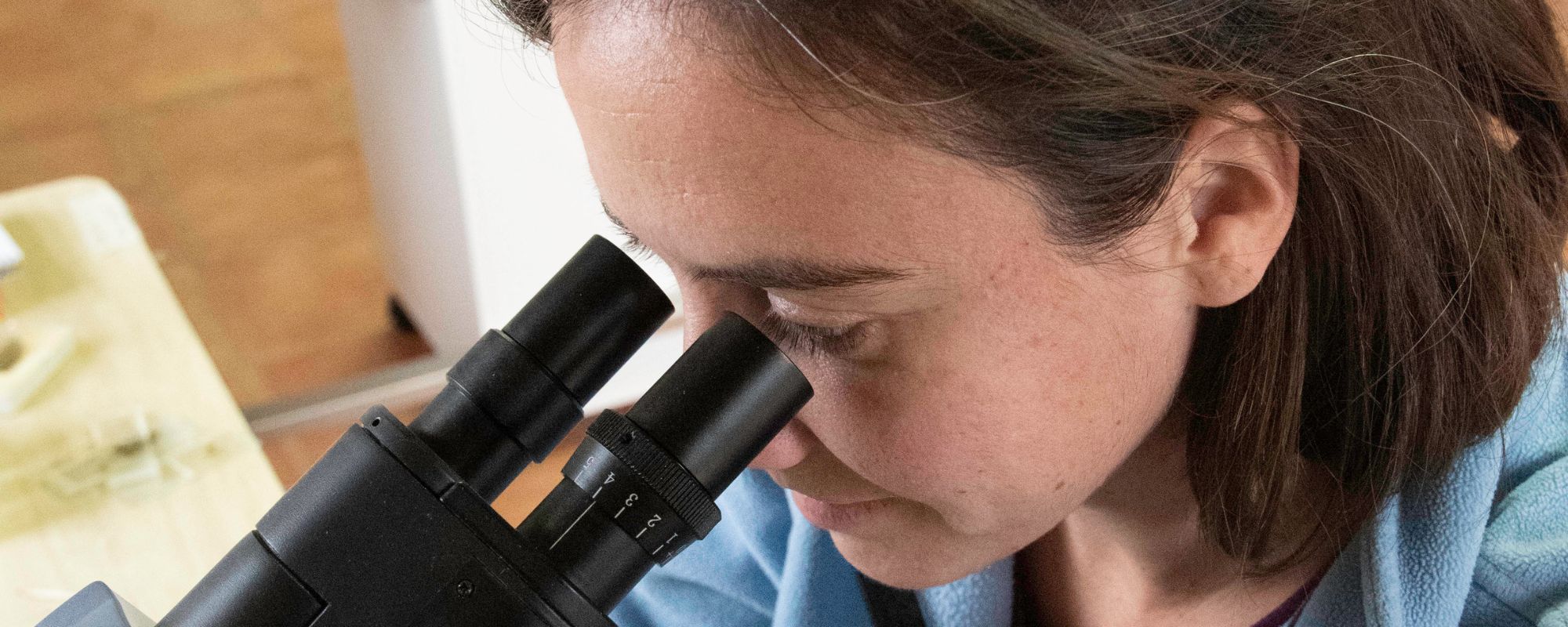
The job market for veterinarians is saturated.
Boost your professional career!
The course for veterinarians provides an extraordinary opportunity to learn and apply the knowledge acquired during lectures in a real environment.